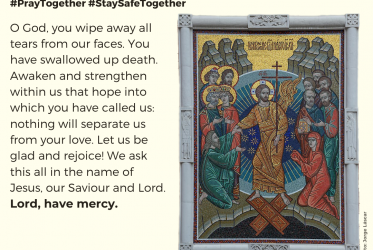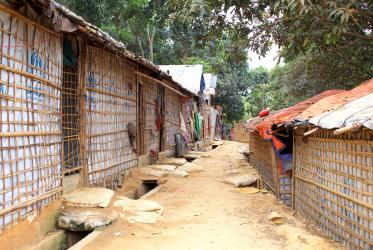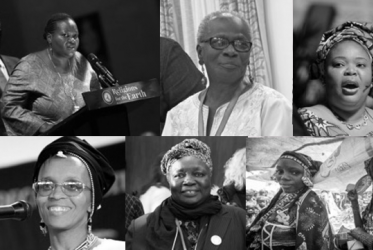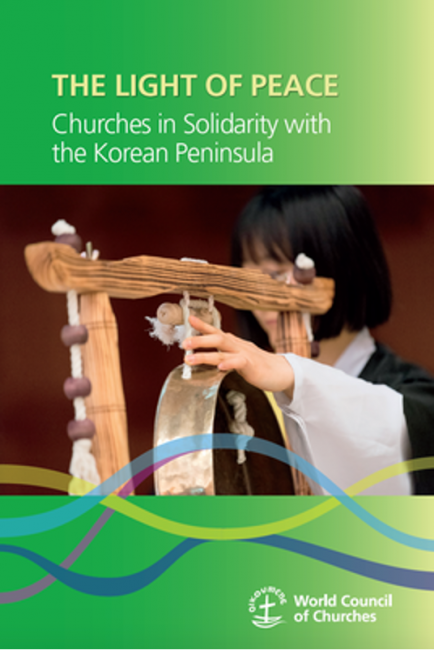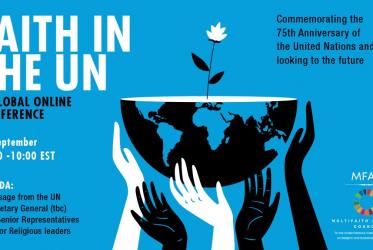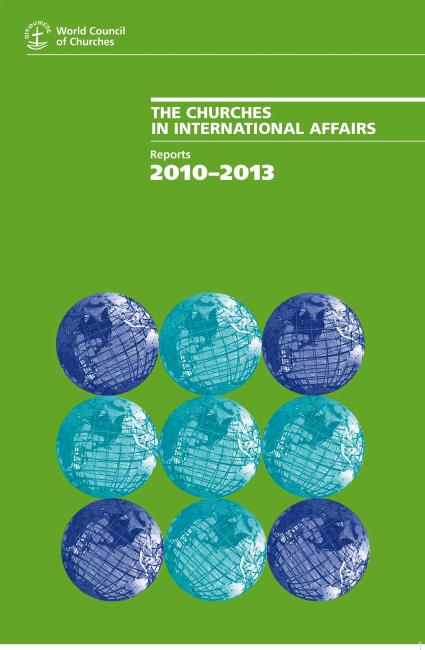Displaying 41 - 60 of 86
How racism and colonialism are exacerbating impacts of climate change
29 September 2021
Morning Prayer for Tuesday, 6 April 2021
06 April 2021
Love and Witness
Proclaiming the Peace of the Lord Jesus Christ in a Religiously Plural World
18 January 2021
Rethinking Ecological Relationships in the Anthropocene era
11 - 13 February 2021
“From faith to action” conference will explore ways to protect children’s rights affected by migration
10 - 11 December 2020
Online
Healing Together
A Facilitator’s Resource for Ecumenical Faith and Community-Based Counselling
15 October 2020
Webinar series: Theological Reflections on Hate Speech and Whiteness
19 - 23 October 2020
“Faith In The UN” – Commemorating the 75th Anniversary of the United Nations
08 September 2020
online




